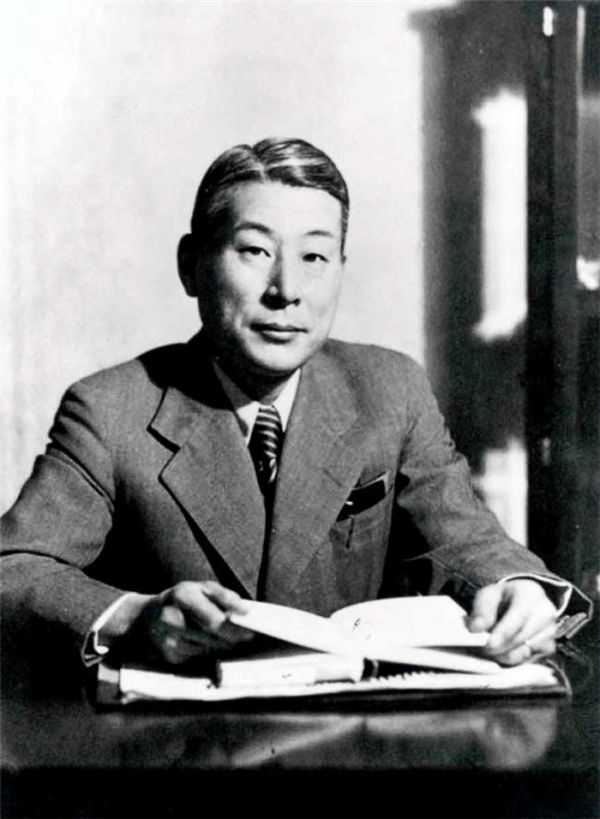
Japanese diplomat Chiune Sugihara was stationed in Lithuania when Germany invaded Poland in 1939. Thousands of Jewish refugees came to the consulate seeking travel documents in order to escape the Nazis. Sugihara's superiors in Tokyo ordered him not to issue any travel visas.
Sugihara discussed the plan with his wife Yukiko and decided to risk his career and his entire future by defying his superiors. The couple then spent 29 days issuing travel visas, up to 300 a day, as thousands of refugees stood in line at his office. Yukiko would prepare and register the visas while Chiune Sugihara would sign and stamp them, hour after hour, without breaking for meals. They would work late into the night until Yukiko would massage her husband’s weary hands in preparation for the next day. Sugihara was under orders to leave, which he could no longer delay. The family departed on September 1st, but he kept signing visas even as he boarded the train. Sugihara then tossed his official stamp out to the crowd, as he hadn’t time to stamp them all.
Sugihara's actions enabled around 6,000 Jewish refugees to escape the Holocaust. For his efforts, Sugihara was imprisoned by the Soviets and fired from his job by the Japanese Foreign Ministry. Read the entire story at mental_floss. Link






pwscott, you fail.
How he ended up in Lithuania was in itself an interesting story. He resigned his post in Manchuria as a protest over the cruel treatment of Chinese civilians. He repeatedly asked the Japanese government permission to issue the visas, and was turned down each time. That someone in his position would disobey an order like that was extraordinary for that time period.
There is also Lieutenant General Kiichiro Higuchi, who allowed 20,000 Jews fleeing from Nazi Germany cross the border from the Soviet Union to Manchuko:
http://en.wikipedia.org/wiki/Kiichiro_Higuchi
When he left China, he went back to Germany and lectured on the Japanese atrocities, something that did not endear him to the Gestapo. Nonetheless, he survived the war and is remembered as a hero in China today. There's a few films on him and he's also covered in Iris Chang's best-selling "The Rape of Nanking"